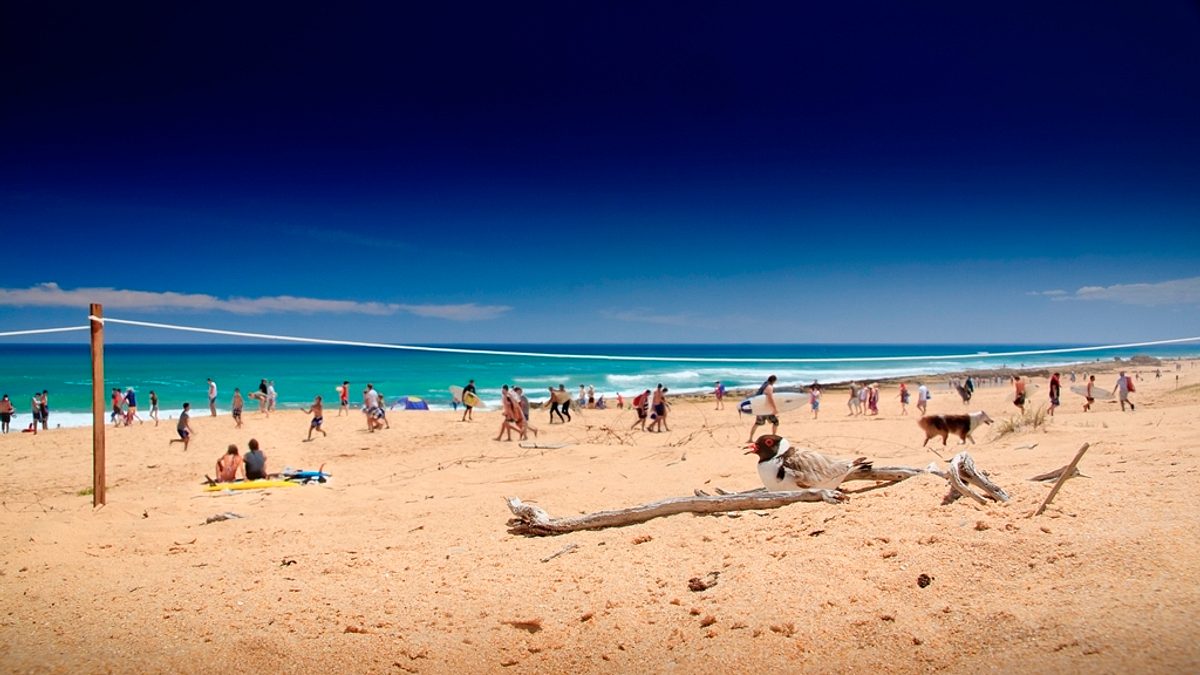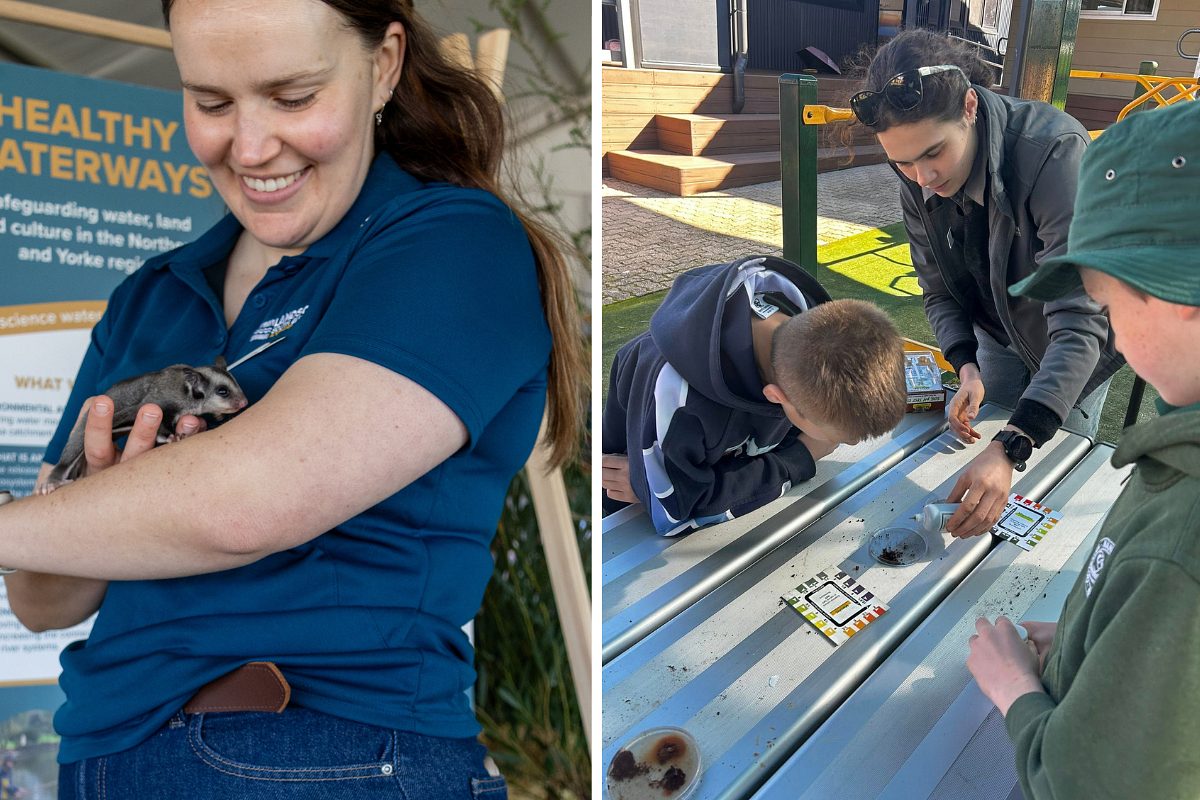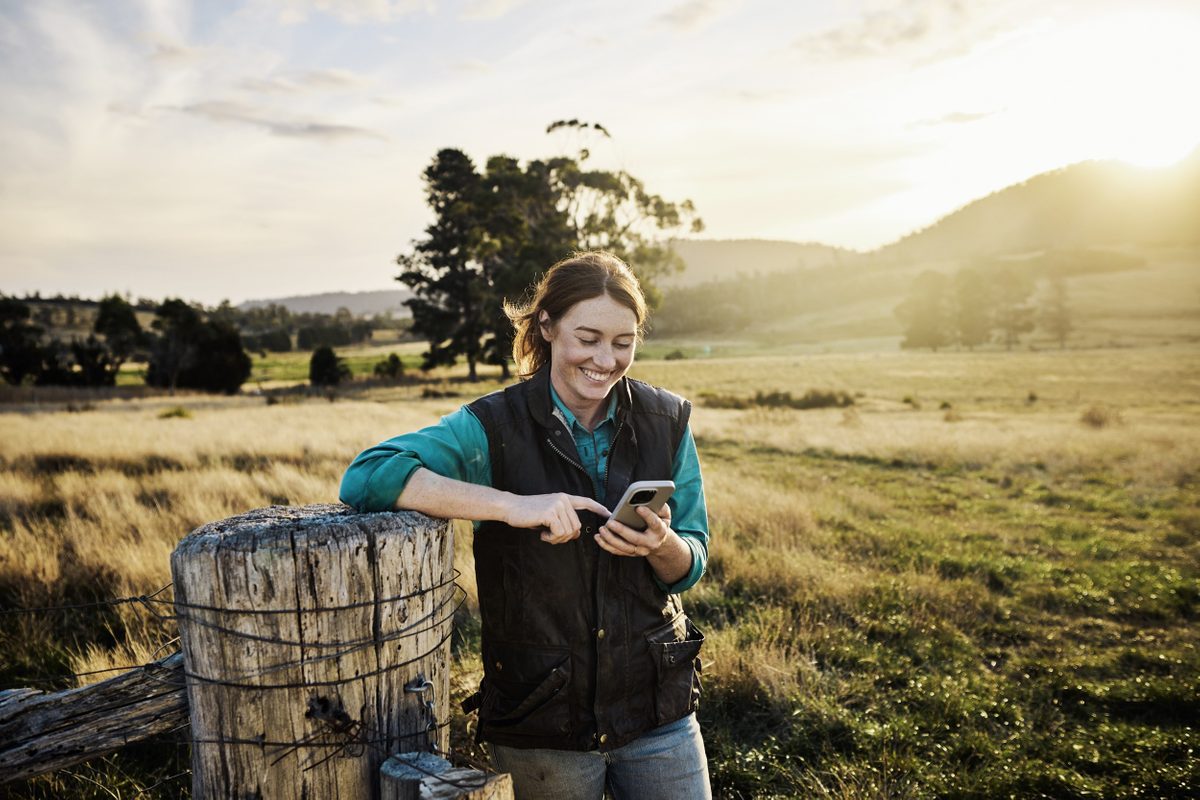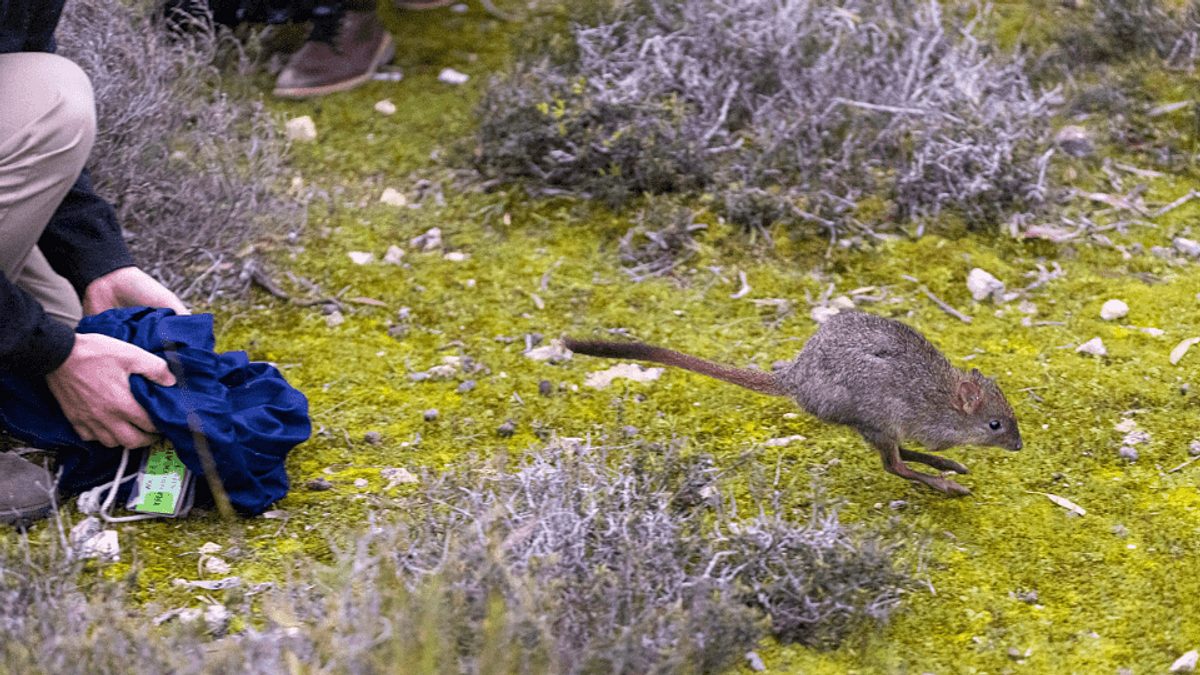Plover Lovin’ tips to share the beach this summer
The beginning of school holidays means beach time for thousands of Yorke Peninsula visitors and residents, but sun-seeking crowds are being asked to look out for the endangered Hooded Plover.
The Hooded Plover, or hoodie as it is affectionately known, lives its entire life on the beach, and breeds between August and March by laying eggs on the sand above the high tide mark.
Natural Resources Northern and Yorke Community Ranger Janet Moore said the small shorebird’s numbers have been declining across southern Australia and the species is now considered vulnerable to extinction.
“The Hooded Plover has one of the lowest breeding success rates in the world and the next couple of months are critical to avoid a further decline in the population,” Ms Moore said.
“Hooded Plover chicks have started hatching at a number of Yorke Peninsula beaches over the past couple of weeks and we are asking people to be aware of nests and give them plenty of space as during the next five weeks the tiny fluffy chicks will start roaming beaches to find food.
“It’s hard for the hoodies to find a spot on the beach that isn’t disturbed by visitors and vehicles. Every time they leave their nests, the eggs and chicks are vulnerable to predators and extreme temperatures.”
BirdLife Australia has developed a list of actions that beachgoers can follow to help hoodies this summer by providing them with enough space to successfully raise a family:
- Look out for temporary signs at access points or on the beach alerting you to the presence of nesting birds, and follow the guidelines
- If you see a Hooded Plover on the beach, walk another 100 metres before settling on the sand
- Access the beach via defined paths
- Avoid the dunes and upper beach, and walk along the water’s edge
- Keep your dog on a leash
- If it must be off-leash, find out which beaches are free of nesting birds and have off-leash access. Always walk your dog on a leash if there are nesting birds
- Don’t leave your dog unattended while you are surfing or swimming
- If you ride a horse along the beach, visit at low tide and keep to the wet sand near the water’s edge
- If you drive on the beach, only do so at low tide, and drive slowly as close to the water’s edge as possible.
If you would like more information, or to report a sighting, please contact Natural Resources Northern and Yorke on 8841 3444.



